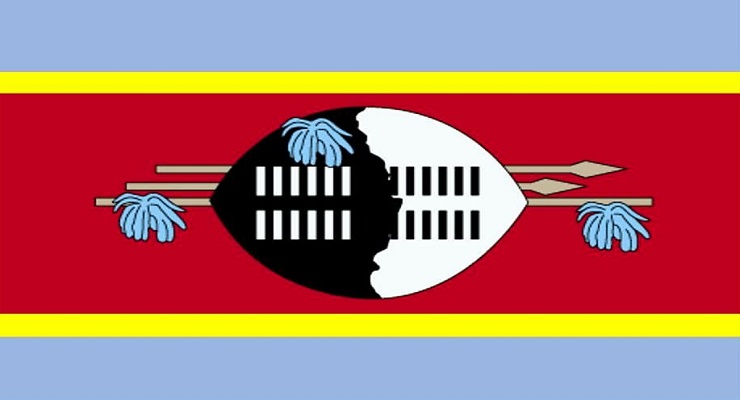 The recent protests in Eswatini against the country’s absolute monarchy, the last in Africa, have rehashed the horrifying treatment of students and student unionists by authorities. This article by Max Shanahan is published by Honi Soit. Here is an excerpt:
The recent protests in Eswatini against the country’s absolute monarchy, the last in Africa, have rehashed the horrifying treatment of students and student unionists by authorities. This article by Max Shanahan is published by Honi Soit. Here is an excerpt:
In May this year, the bloodied and beaten body of law student Thabani Nkonmye was found by his family obscured under bushes in a roadside ditch. Days earlier, his family had reported him missing to the Sigodvweni police, who denied any knowledge of his whereabouts and launched a public appeal. It later emerged that Thabani’s car, with a bullet hole in the rear bumper, had been sitting in the parking lot of the police station when his disappearance was reported. When asked to identify his body, Thabani’s mother found he “did not have eyes, had a hole on his right shoulder, thigh and next to the stomach.”
When the family returned to inspect his car for a second time, the bullet hole had been “tampered with and partially closed.” As suspicion of police involvement grew, student activists began to protest. Concerns over police violence, state repression, worsening economic conditions and the largesse of the royal family have seen the #JusticeforThabani protests grow into the greatest challenge to the rule of eSwatini’s absolute monarchy since the country’s independence.
Student activists have long been at the forefront of eSwatini’s pro-democracy movement. Honi Soit spoke to three current and former members of the Swaziland National Union of Students (SNUS) who have faced expulsion from university, imprisonment, terror charges and torture, to understand the nature and difficulties of organising a student union in a country where political parties are banned and unions are heavily restricted.
Continue reading here.
Leave a Reply